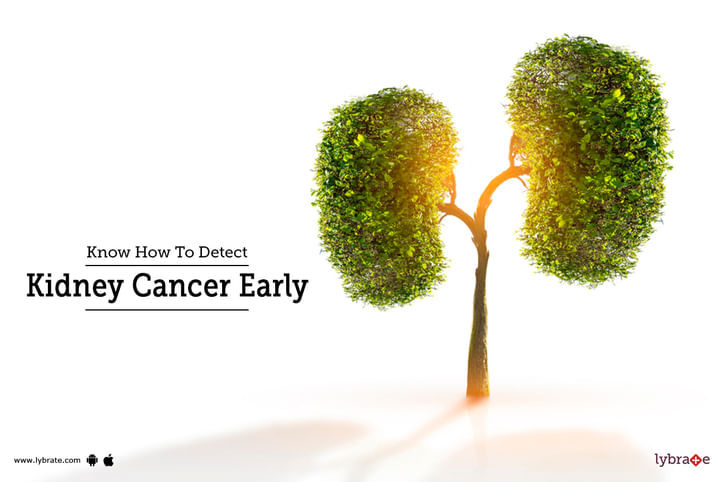Know How To Detect Kidney Cancer Early
As the name suggests, kidney cancer, also known as renal cancer, starts in the kidneys. It occurs when the healthy kidney cells grow out of control and become malignant to form cancerous tumours. Renal cell carcinoma is the most common type of cancer affecting the kidneys– here cancer begins in the lining of the tubes of your kidney.
Risk factors of kidney cancer
The exact cause of kidney cancer is not known. However, studies suggest that certain factors can make you susceptible to renal cancer. These include –
-
Smoking
-
Overuse of certain medications
-
Excessive body weight
-
Genes/heredity
-
Gender – men rather than women are prone to kidney cancer
-
An underlying health condition, such as high blood pressure
Early signs of kidney cancer
The symptoms of renal or kidney cancer depend on its type. In most cases, the disease does not exhibit noticeable symptoms in its early stages. This makes the diagnosis of cancer difficult. However, the signs become more apparent and observable as cancer starts to metastasize. You should watch out for these signs of kidney cancer -
-
Bouts of blood in the urine – a condition commonly known as haematuria
-
Pain on one side of the lower back (near the kidneys)
-
A lump or mass on the lower back or side, where your kidneys are located
-
Loss of appetite
-
Tiredness or fatigue
-
Unintentional weight loss
-
Fever that does not cure in days
-
Anaemia – low count of the red blood cells
-
In men, a cluster of enlarged veins called varicocele may develop around the testicles (particularly around the right testicle), indicating the presence of a large tumour
Often, these symptoms are mistaken for those of other conditions or diseases. Therefore, it is important to consult a specialist.
If you encounter the above symptoms, or if you are concerned about any changes that you have been experiencing lately, talk to your healthcare provider. A doctor will enquire about the symptoms and might ask you questions related to these signs – how long have you been experiencing them, how severe is the pain etc. This is crucial for the early diagnosis and treatment of kidney cancer.


+1.svg)
